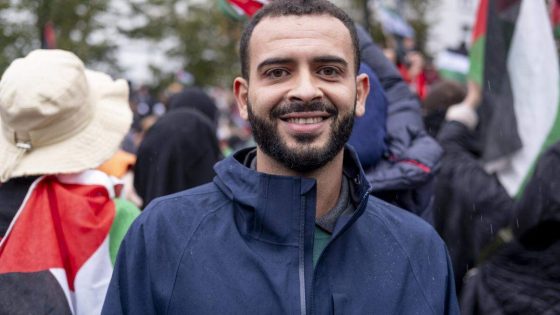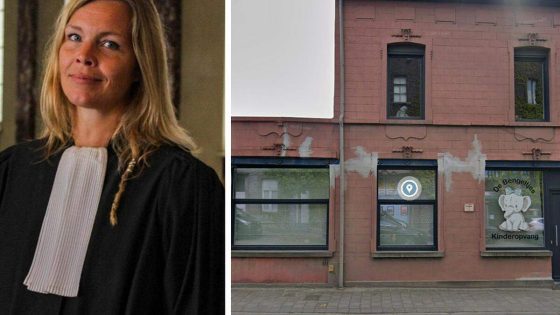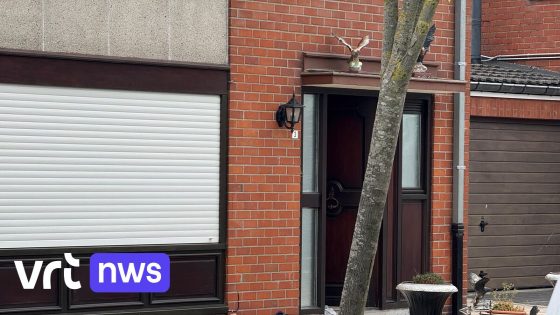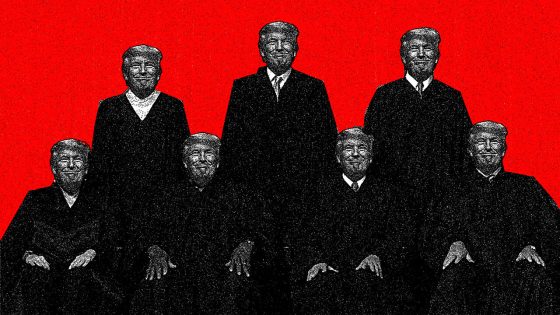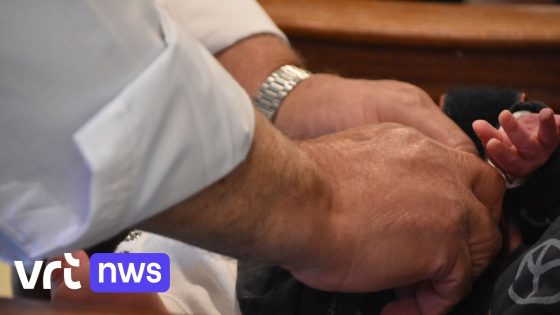The Belgian authorities have revoked the refugee status of Palestinian activist Mohammed Khatib, citing his involvement with the group Samidoun. On 2025-08-07 22:31:00, Khatib informed the press agency of the decision made by the Commissariaat-generaal voor de Vluchtelingen en de Staatlozen (CGVS). Samidoun is described by Belgian officials as an extremist organisation, raising questions about security and integration in Belgium.
- Mohammed Khatib's refugee status revoked by CGVS
- Belgian government labels Samidoun extremist group
- New law targets radical organizations in Belgium
- Samidoun banned in Germany for antisemitism
- Khatib registered as hate preacher by Ocad
- Khatib plans to appeal CGVS decision
Why has the Belgian government taken such a firm stance against Khatib and Samidoun? The organisation has been linked to radical activities and was banned in Germany last year for promoting antisemitism and glorifying terrorism. Khatib, registered by Belgium’s threat analysis centre Ocad as a hate preacher, plans to appeal the CGVS decision.
This development highlights the challenges Belgium faces in balancing refugee protection with national security concerns. What does this mean for other activists and refugees associated with controversial groups? The answer sheds light on the government’s approach to radicalism and asylum policies.
Does this move signal a broader crackdown on political activism within refugee communities? The government’s recent draft law banning radical groups suggests so. Key points include:
- Belgium classifies Samidoun as extremist, aligning with Germany’s 2023 ban.
- CGVS can revoke refugee status if someone poses a societal danger or commits fraud.
- Khatib’s case illustrates tension between freedom of activism and security measures.
As Khatib appeals, Belgium’s authorities and civil society must navigate the fine line between safeguarding security and upholding human rights. How will this case influence future asylum decisions and activism in Belgium? Stakeholders should stay informed and engaged as the situation develops.



